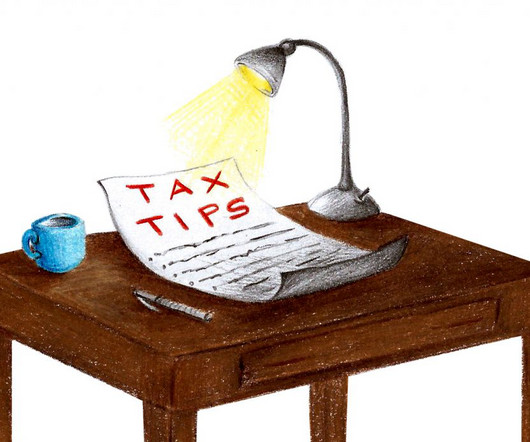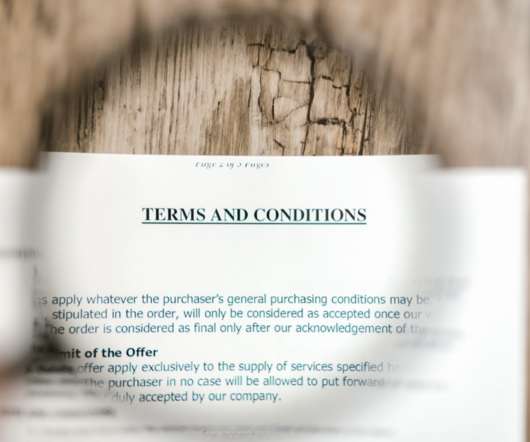Exploring Tax Strategies For Small Businesses: Insights Inspired By Troy Renkemeyer’s Experiences
The Startup Magazine
MAY 7, 2024
Navigating the complexities of tax regulations can be daunting for small business owners, yet mastering this aspect is crucial for ensuring their operations’ financial health and sustainability. An effective tax strategy can minimize legal liabilities and significantly reduce expenses, freeing up resources for investment and growth.





























Let's personalize your content